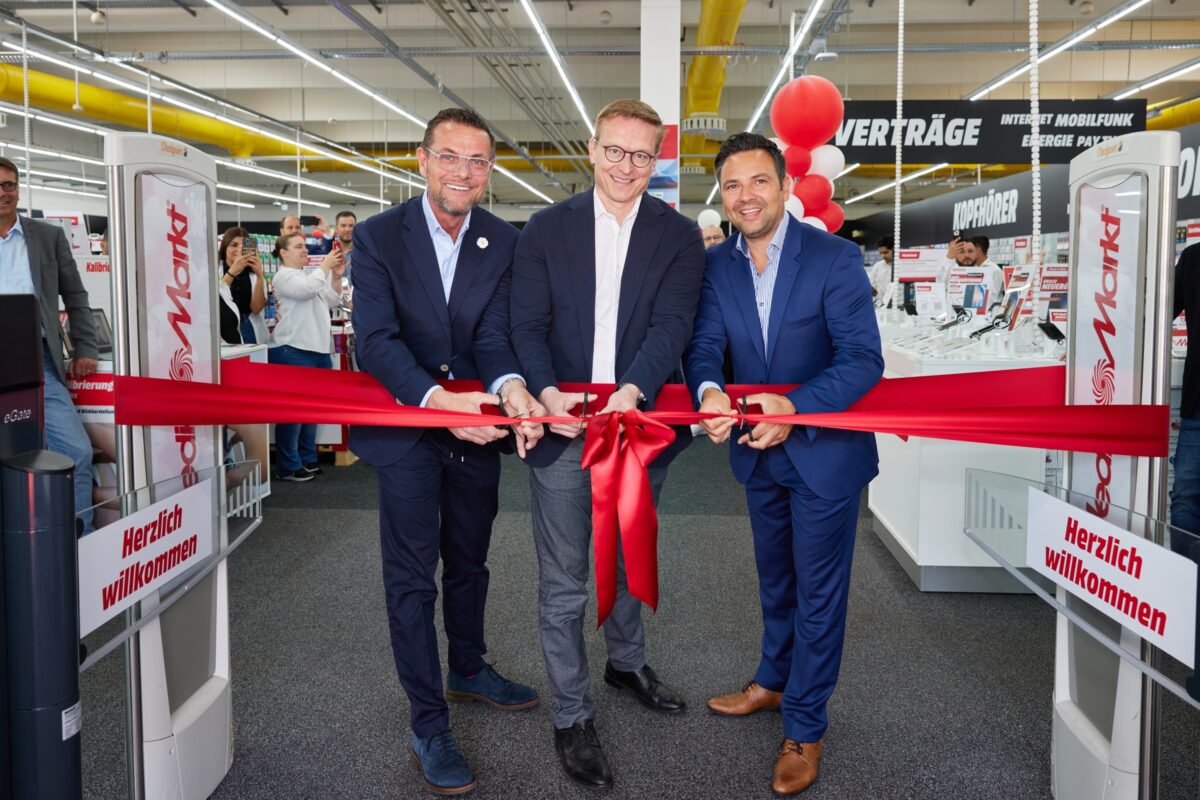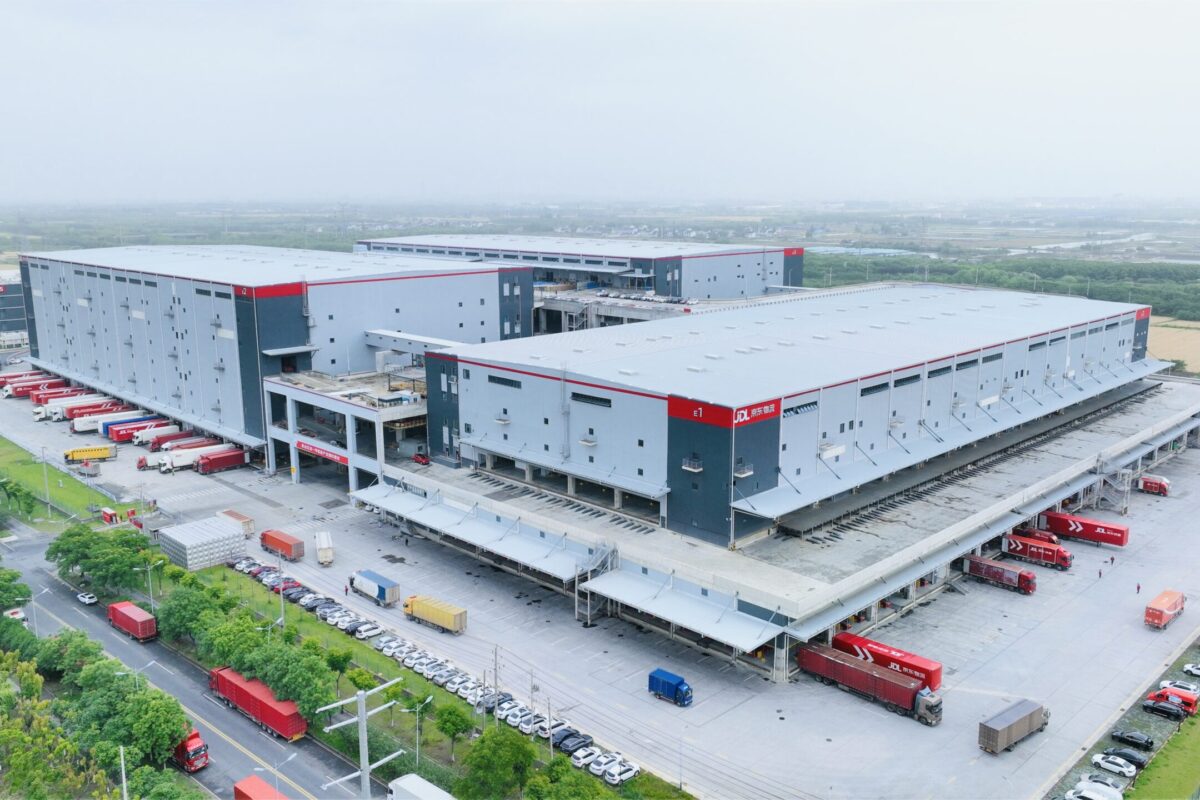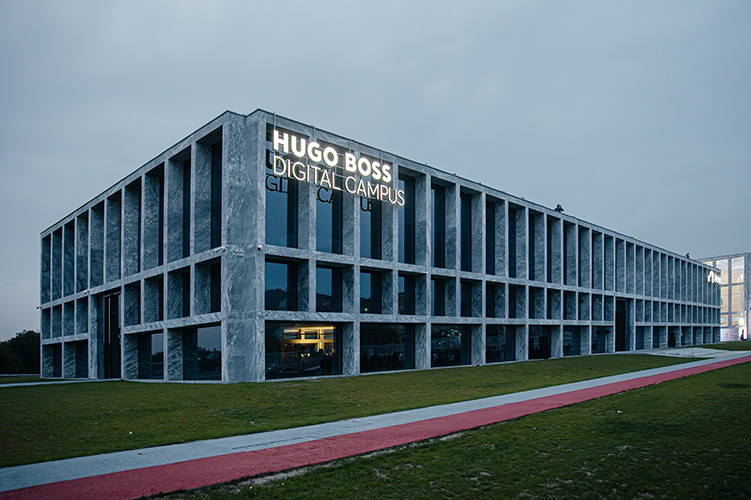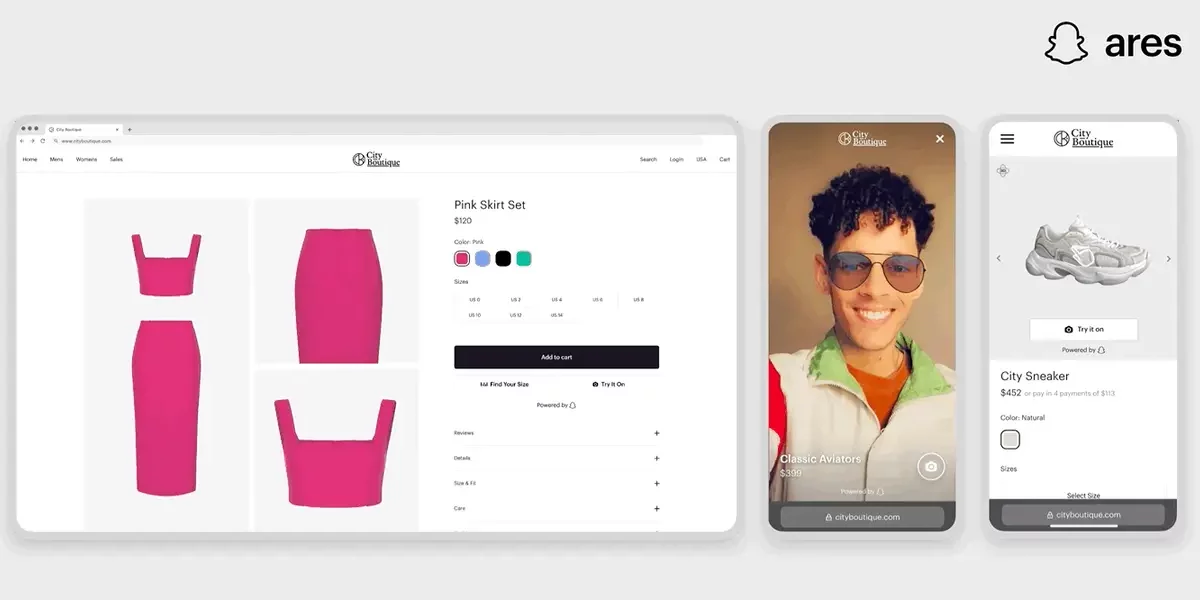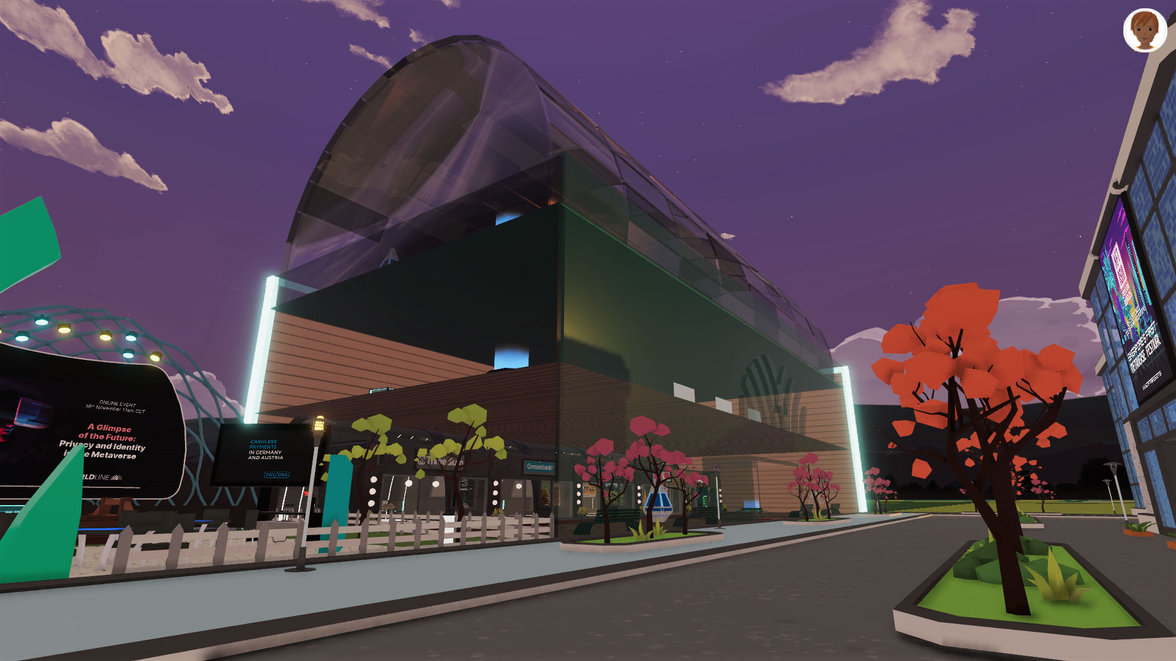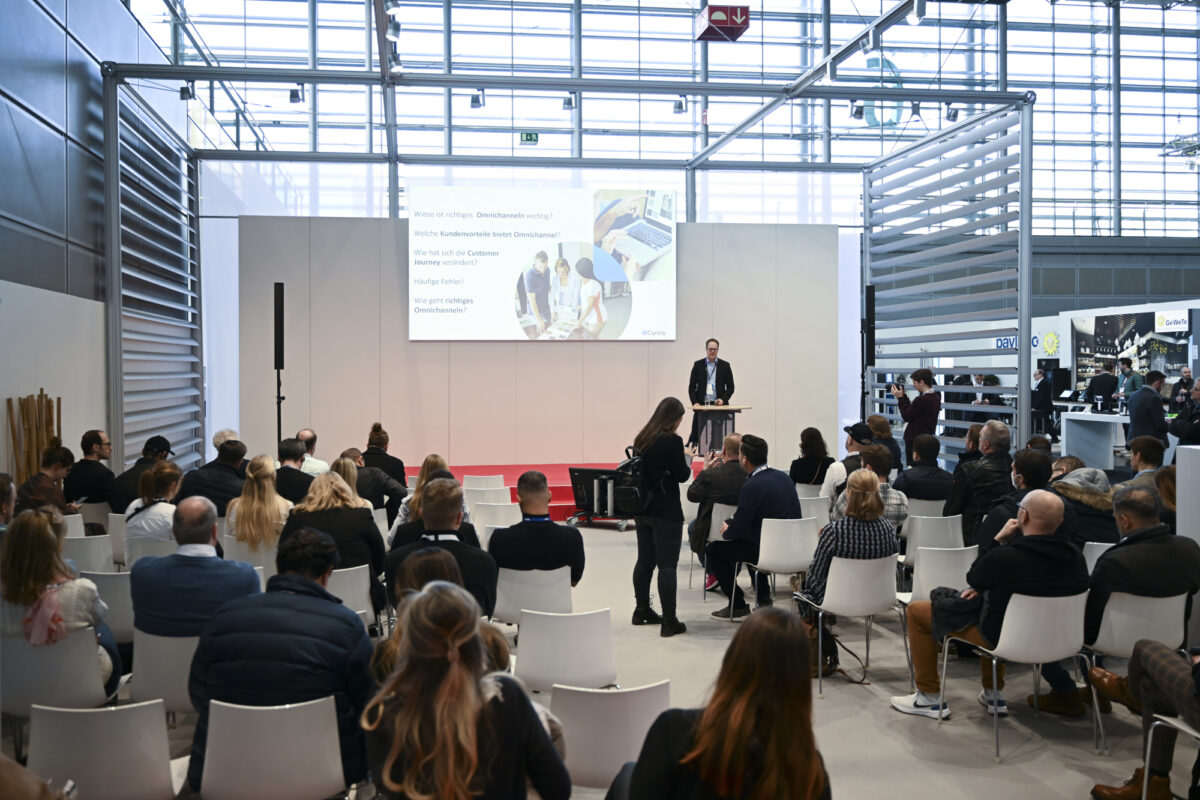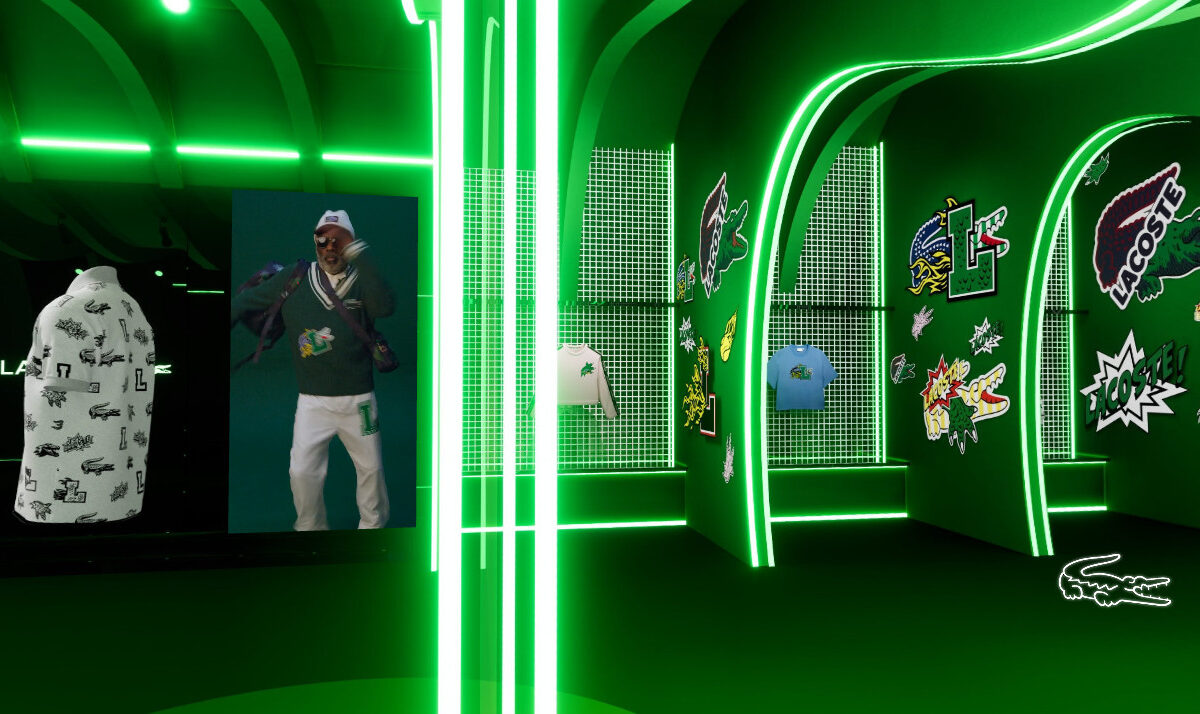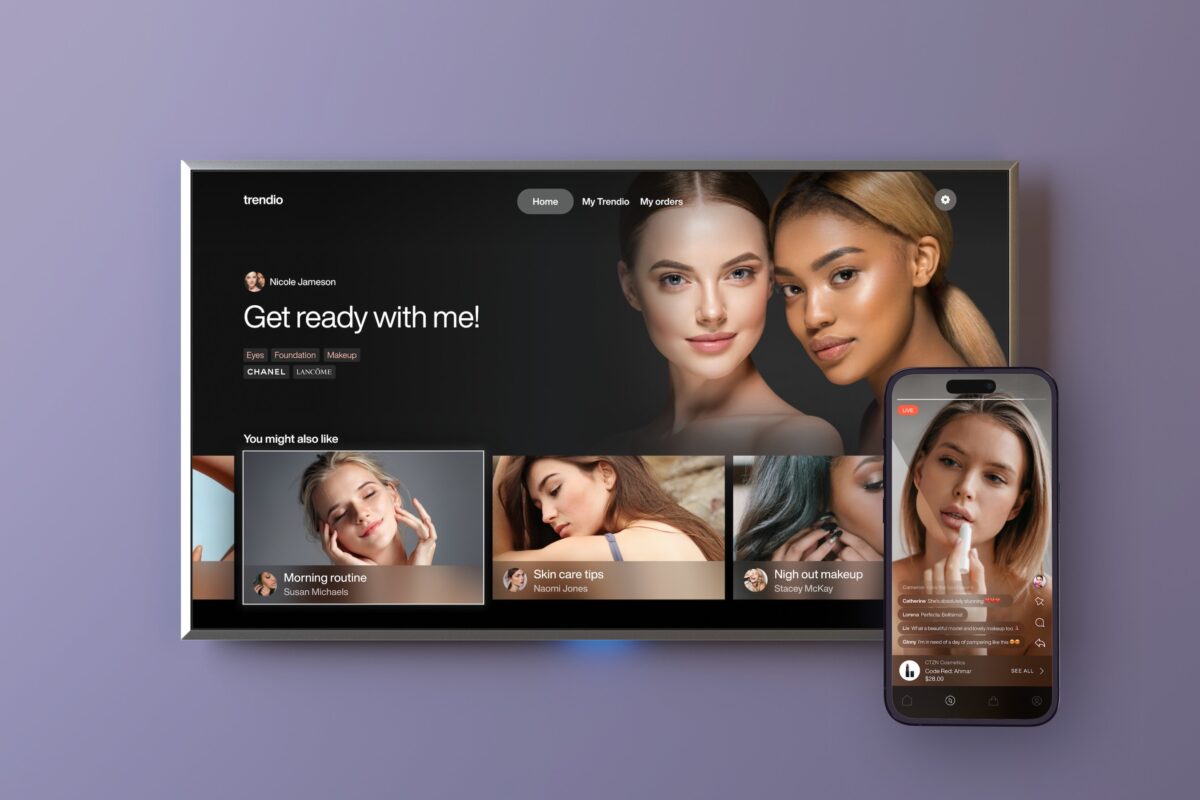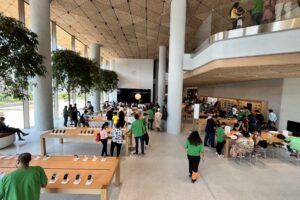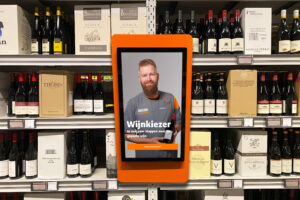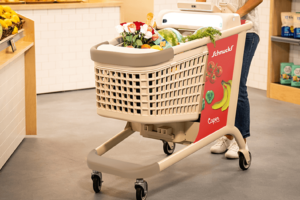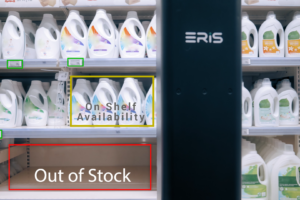The startup company myEnso from Bremen shows how an online supermarket can be successful
Modern pioneers: At myEnso, customers have a say in the store’s product selection. The online store continues to evolve with its customers and focuses on quality, sustainability and an innovative spirit.
We spoke with Isabella Henrichs and Hendrik Gericks of myEnso about their concept.
Hendrik, you are operating a novel online supermarket. How are things going so far?
Hendrik Gericks: Things are going great, our orders are skyrocketing, our product selection is ever-expanding, more and more startups want to sell their novel products through us and the store keeps excelling. At this point, we have already reached myEnso stage 8.0, and we have done so in just one and a half years.
Granted, we are still a closed shop at this point, which means that customers must first register with us as a so-called pioneer before they can order our products. Our delivery areas for the full product assortment are also still limited. However, we are already delivering some items throughout Germany.
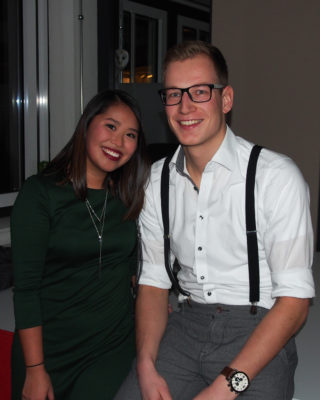
Isabella Henrichs is the Head of Communications and Corporate Communications. Hendrik Gericks is responsible for the product selection, the startups, and rural business development.
You have a brand-new approach to overcoming the hurdles nearly all online grocery retailers face, which includes delivery times, pricing strategy, logistics, and product selection. What are you doing differently?
Isabella Henrichs: Thanks to extensive market research, we discovered that it is far more important to customers that their items arrive dependably on a scheduled delivery date. Customers actually don’t care so much same-day delivery. And we run with that. The way we deliver involves a reusable system, which means we take the delivery boxes back with us and the customer receives the products in regular paper bags, thus reducing waste. This approach is currently successful in 25 major cities across Germany. We still use a standard packaging service to make deliveries in all other cities.
We use our own delivery trucks called Enso Tütts to service our care concept customers. This includes retirement homes and assisted living communities because we have come to realize that there is a dire need in this setting. We also use our trucks to make deliveries in rural areas.
The internal logistics are handled via an automated system right in the heart of Bremen’s city center.
We have found an automated intralogistics system that can be actualized right in Überseestadt in Bremen. We are also in the process of integrating our first robots into our processes. All of these tools make us amazingly efficient, speed up the order picking process and allow us to stay competitive.
Gericks: Next to the standard supermarket product items, we also sell many goods from startup companies, plus organic and special interest products.
You call your customers pioneers. Their job involves more than just shopping. Why is that?
Henrichs: The customer is unquestionably our top priority. Our customer wants to help shape this landscape and know that his/her suggestions and ideas are heard and taking seriously. If we don’t have a product or service, the pioneer can request it. If enough pioneers vote for it, the product or service will be added to the online store’s assortment.
Startups are very important to you. They exclusively sell their new products at your venue.
Gericks: That’s right. Startups often spot the latest trends. Since it is rare to have a large assortment of products from startup companies, it creates a USP for us. Conversely, we offer unknown startups a sales platform. Based on our experience and market research, we know that people are not as afraid to buy such products as they are purchasing articles of daily use.
So what does the customer do? He or she discovers the startup product at our store, realizes that we also offer all the other typical items on his/her weekly shopping list and at a price that’s very comparable to any other supermarket, and subsequently simply orders all these items at the same time.
Do you also sell refrigerated grocery items? After all, they are the ultimate challenge for many online retailers.
Gericks: We sell your average supermarket product choices in the 25 cities we cater to throughout Germany. Needless to say, this also includes refrigerated and frozen items. Our cooling boxes – also part of our reusable approach- maintain temperature for at least 48 hours at minus 18 or seven degrees Celsius, respectively. In doing so, we guarantee the quality of your purchase.
Can you also make deliveries to offices and companies?
Gericks: Not at the moment. But there is a concept that is likely also feasible for offices. We are collaborating with a developer in Bremen who rents out various high-rise buildings. Our myEnso truck delivers groceries to these buildings to a designated room, where customers can go to pick up their orders. That’s our so-called “myEnso Speisekammer” (English: pantry). This concept might also be transferrable to office settings.
And if it works in Bremen, it can work anywhere …
Right now you service five rural villages, retirement homes and assisted living communities. How does this work?
Henrichs: Our first village was Blender, which is located between Bremen and Hanover. As is often the case nowadays, the village’s last supermarket had recently closed its doors. Of course, this is not so much a problem for young and mobile residents, but it’s an entirely different story for older residents.
Our concept is called Tante Enso, a nod to the iconic Tante Emma store (small mom-and-pop store): always right next door where you need it but with a broader product mix. We collaborate with the small stores that are already on location. This means that village residents can order products either online, or locally by using a catalog and shopping list and then pick their order up at the same place. In doing so, the small store doesn’t lose customers and actually expands its selection. Our Enso-Tütt stops by once a week to make the deliveries.
How is a small startup like you able to pull off this feat but a large supermarket chain can’t manage to do it?
Henrichs: Our size is our biggest advantage. It makes us more flexible and willing to blaze new trails and try things out. Right now, we are implementing a test and learn strategy. Our primary concern is to reach out to our customers, build trust, boost our visibility and improve and expand our supermarket.
What are the benefits of ordering from myEnso instead of going to an Edeka store?
Gericks: Needless to say, the top advantage is that you can conveniently order from the comfort of your own home, and have your order delivered right to your doorstep just a short time later. Another advantage is our reusable system, which means there is reduced packaging waste. We have a vast selection of products, and our filter options will continue to improve. For instance, customers will be able to indicate that they are only interested in organic products or that they are allergic to a specific substance. In the near future, only corresponding, filtered results will be displayed for these customers to make their shopping easier.
What’s more, we are the first supermarket cooperative in Germany. We empower our customers to shop, co-design and co-own.
You love to experiment. Obviously, not every idea works and is an instant success. That means it costs money. How are you able to finance your risk-taking mindset?
Henrichs: We have two pillars. We have the cooperative, i.e., we sell shares to the pioneers, and we also have investors and work with a bank of course.
What is your recipe for success?
Gericks: We have a different way of positioning our company than the big supermarket chains. We put people center stage, which is reflected in our brand essence and logo. That’s also why we have a multitude of target groups we have to connect with and address at various sites. It’s unlikely that we will ever stop evolving and say, “This is exactly how we are going to do things for the next 20 years.” That doesn’t work. The more our customers change, the more we are going to change with them.
What’s next for myEnso?
Gericks: Needless to say, we want to tap new villages and nursing homes. But that’s only possible if we can pool certain resources because it’s otherwise not logistically feasible for us. We also want to roll out our concepts and expand our delivery area throughout Germany in the near future.
Henrichs: We also plan to offer more content. Nutritionists, videos and recipes are on the top of our list. This is particularly interesting for startup products that the average consumer hasn’t heard of yet, allowing them to learn how these items are made.
What can large supermarkets learn from you?
Henrichs: They simply have to become more open-minded and direct their attention to human beings. After all, they are the consumers who buy your products. That’s why you have to offer things customers want and not the other way around. You have to empower the customer again and let him or her decide. That alone might already be enough.
Interview: Nora Petig
First published at iXtenso – Magazine for Retailers






